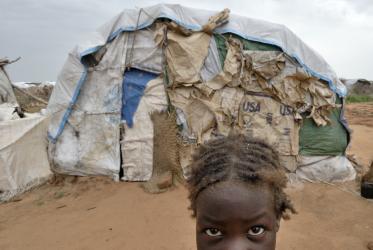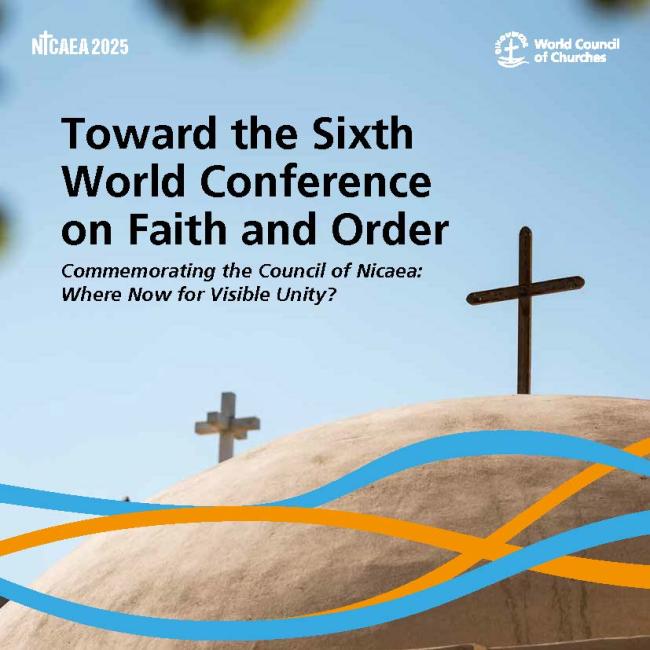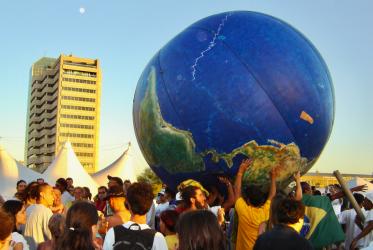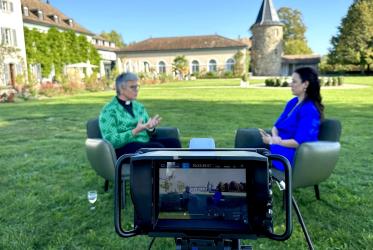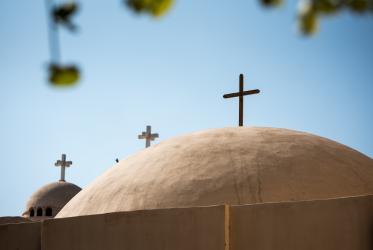Displaying 1 - 20 of 400
Prayer Service - "United Nations Permanent Forum on Indigenous Issues"
15 April 2024
Church Centre (first floor), United Nations, New York (777 United Nations Plaza)
Que peuvent faire les Églises pour prévenir l’esclavage moderne?
26 February 2024
Toward the Sixth World Conference on Faith and Order
Commemorating the Council of Nicaea: Where Now for Visible Unity?
24 February 2024
What can churches do to prevent modern slavery?
22 February 2024
Seminar: The Feast of Creation and the Mystery of Creation: Ecumenism, Theology, Liturgy, and Signs of the Times in Dialogue
15 - 16 March 2024
Cittadella Laudato Si’ (known as “Cittadella”) – Via degli Ancaiani 3, Assisi
Webinar “From Nicaea, Walking Together to Unity: the beginning of a new beginning.”
08 February 2024
Online
